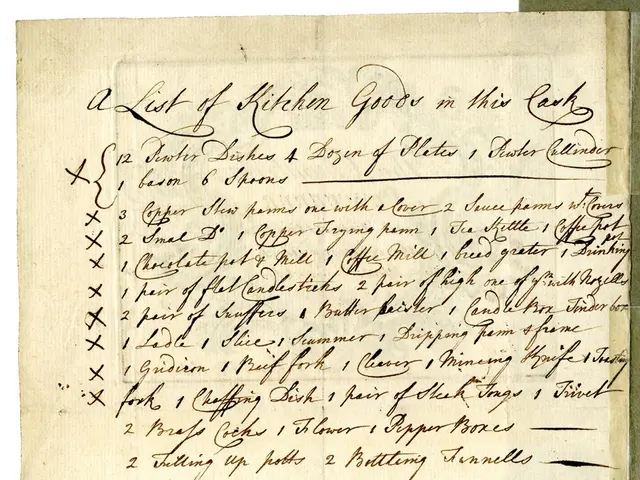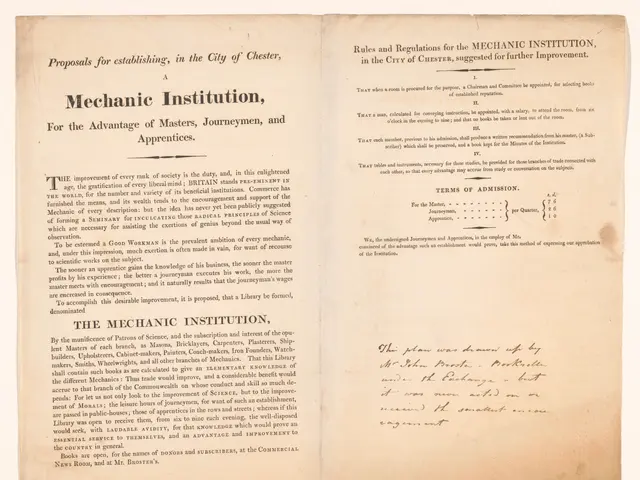Understanding Airbnb Coverage within Homeowners Insurance Policies
Venturing into the world of home-sharing, notably with Airbnb, can be a smart way to earn extra (or even main) income, letting you rent out portions or the entirety of your home to temporary guests. However, before you dive in, it's crucial to revisit your homeowners insurance policy or chat with your insurance provider to determine if you need that extra layer of coverage for your short-term rental endeavors.
Some insurance companies offer additional coverage endorsements for a fee, which ensures protection from tenant-caused property damage, theft, or accidents. In contrast, others may require a separate, standalone policy, depending on your property's location and overall risk factors.
As a regular short-term rental host, your insurer might view it as a business, necessitating additional coverage like a policy endorsement or a separate home-sharing insurance. Worth noting, some insurers may allow for occasional rentals if you provide advance notice.
Regular homeowner's insurance typically provides limited coverage or no coverage for business activities. That's why consulting with your insurer or your state's department of insurance before renting out your home is essential to ensure your property is adequately protected.
Some insurance companies offer riders for short-term rentals that can be added to your policy for an additional fee. Although this option may not be available for detached structures on your property that you rent out, it's generally the simplest way to get home-sharing coverage, as it can be easily added to your existing homeowners policy.
Another insurance option worth considering is short-term rental insurance. These specialized policies often insure your home in the same manner as a standard homeowners policy, but they provide extra protection for your home's physical structure, household belongings used as part of the rental, and lost rental income while the house is under repair for covered damage. Additionally, they include liability protection if a guest or someone else is injured during the stay, and you're deemed legally responsible.
Short-term rental insurance may also provide additional protections, such as covering extra utility costs when a guest forgets to turn off the lights or leaves the faucet running.
Landlord insurance is usually used for long-term rentals like those lasting six months or more, but some insurers also offer this coverage for short-term rentals like Airbnbs. Landlord insurance is similar to homeowners insurance in that it offers liability protection and covers the costs to replace, repair, or rebuild your property from a covered peril, such as fire, wind, or lightning. It may also have coverage for certain belongings you keep in the home, such as appliances and furniture.
When it comes to short-term rental coverage providers, you can find options like Allstate, American Family, Foremost, and Proper Insurance, to name a few. Researching and choosing the right insurance coverage is essential in protecting your investment and achieving peace of mind as you welcome paying guests into your home. Keep in mind that every state may have specific insurance requirements for short-term rentals, so make sure to verify yours before hosting guests on platforms like Airbnb.
- Some insurance companies offer riders for short-term rentals that can be added to your policy for an additional fee, providing protection from tenant-caused property damage, theft, or accidents.
- Your insurer might view regular short-term rental hosting as a business, necessitating additional coverage like a policy endorsement or a separate home-sharing insurance.
- Regular homeowner's insurance typically provides limited coverage or no coverage for business activities, making it essential to consult with your insurer or your state's department of insurance before renting out your home.
- Short-term rental insurance provides extra protection for your home's physical structure, household belongings used as part of the rental, and lost rental income while the house is under repair for covered damage.
- Landlord insurance, often used for long-term rentals, can also be purchased for short-term rentals like Airbnbs, offering liability protection and covering the costs to replace, repair, or rebuild your property from a covered peril.
- When it comes to short-term rental coverage providers, options like Allstate, American Family, Foremost, and Proper Insurance are available, and researching and choosing the right insurance coverage is essential in protecting your investment and achieving peace of mind as you welcome paying guests into your home.






